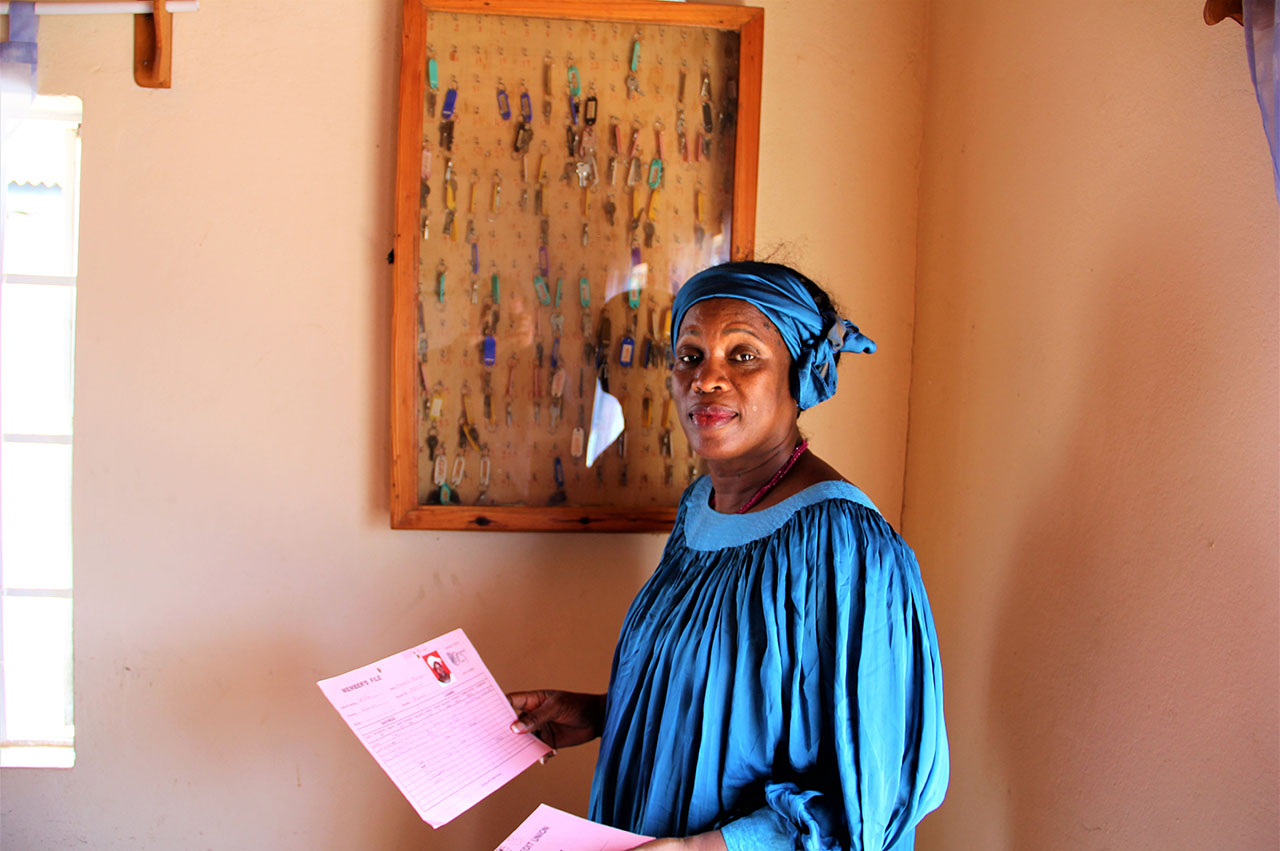
Fatou Janah Mboob
If we were to think of a collective of humble workers, undoubtedly, the oyster harvesters in the Gambia mangroves comes to mind. If a woman has nothing, truly nothing, meaning no lands, no education, no resources to go elsewhere, she can always seek to wade through the grey water in the low tide of the Gambia river searching for oysters among the roots of the mangrove.
These women travel through the river in small canoes. They approach the roots of the mangrove and pull the oysters away from their hideouts under the water; they then carry them in heavy baskets to the riverbank, and sitting in a circle, open them by the fire. The embers jump out at them, many times scalding the women’s hands and faces. As they don’t wear gloves or safety goggles, they often burn the skin on their arms and face. Behind them, a heap of empty shells grows, abandoned in the sun. They must dry for a whole year in order to be transformed into paving material. Almost all the Gambian roads are made from the polished remains of the dried mangrove oyster shells.
The oysters are sold by the highway of Banjul, the capital, to Serrekunda, the largest city in the country. The women stop the drivers and offer them their goods for a few coins. They are the lowest social stratum of the Gambian society.
However, things are changing for the oyster gatherers of the Gambia coast. For example, they no longer cook the oysters over the fire; they are now boiling them, which is safer. They have also begun to use gloves, new models of canoes and more modern gear.
The person responsible for these changes, among others, is Fatou Janah Mboob, founder and promoter of TRY, an association which has managed to give power and visibility to the oyster gatherers of Gambia.
The oyster gatherers now form an organised group, aware of their strength as a collective, able to effectively design joint solutions for their daily challenges. No longer does anybody decide for them what is their next step. They are the ones who evaluate what they need and what their priorities are.
The oyster gatherers of TRY have organized workshops, courses and seminars to improve their effectiveness, to implement more hygienic processes or to improve their commercial and economic culture. TRY has become involved in national gender programmes, participating in feminist demonstrations and has become officially presented to the Gambian Women’s Cabinet and the Vice-president’s Office, which has given them institutional and public recognition.
The oyster gatherers are aware that they have a long path ahead of them and they continue to set new professional goals. Their concern for the environment and their sustainability has given them an important public recognition. Indeed, these workers are basically the only ones who work in the fragile ecosystem of the Gambian mangroves (approximately 4% of the national territory). TRY is a group of women closely linked to the environment. The oyster gatherers have always worked in this habitat, they have preserved it and have a deep understanding of how it has evolved and the associated risks.
Fatou is convinced that the development of the continent depends on the enthusiastic mobilisation of her women: “If we help a woman, we contribute to the wellbeing of her children and, in this manner, we provide better options to future generations, improving the future of the country”.
